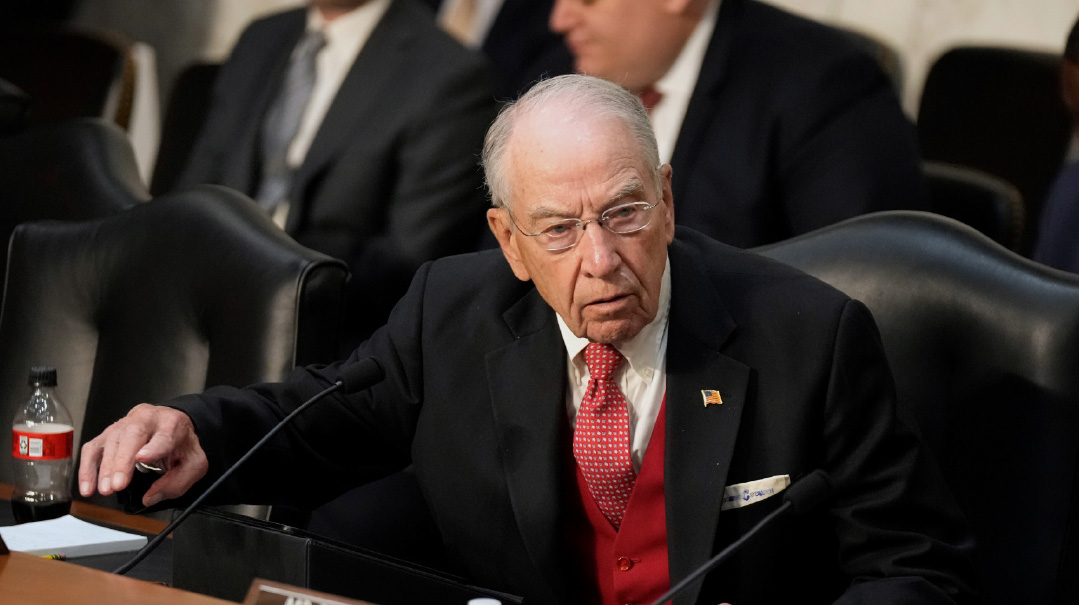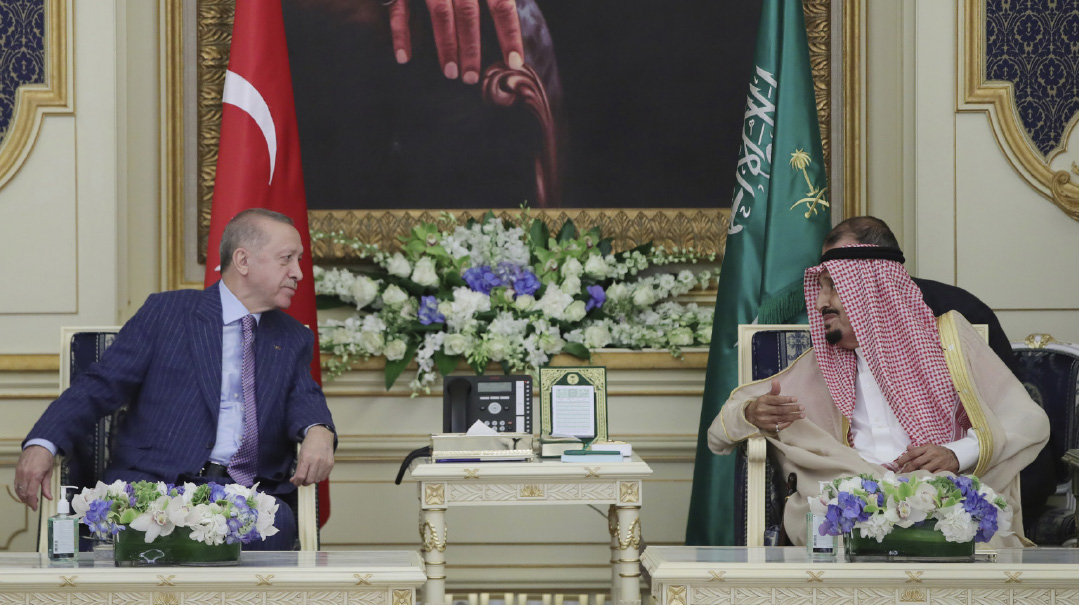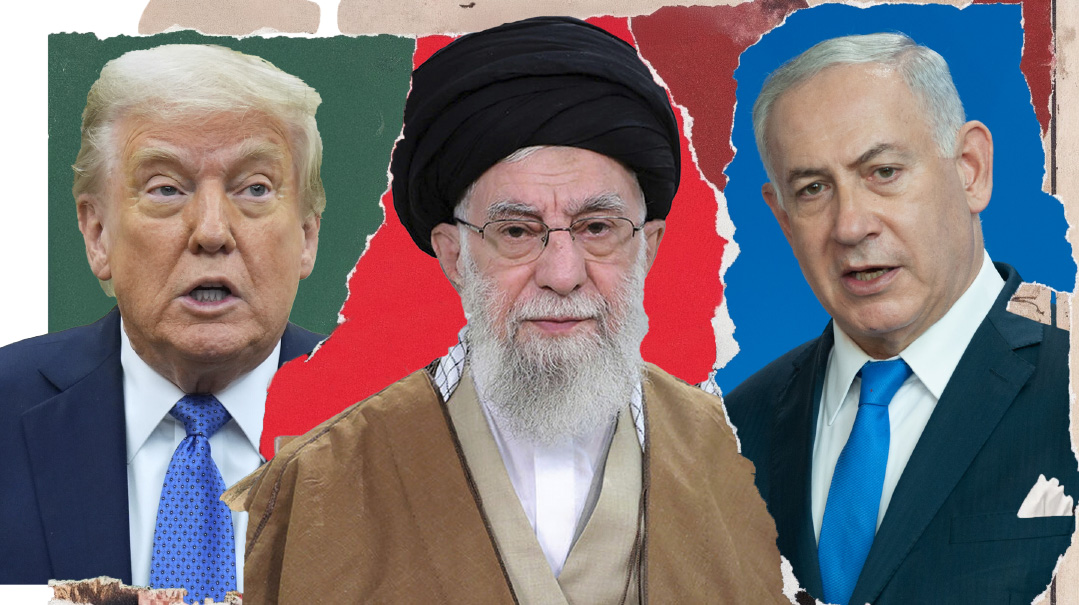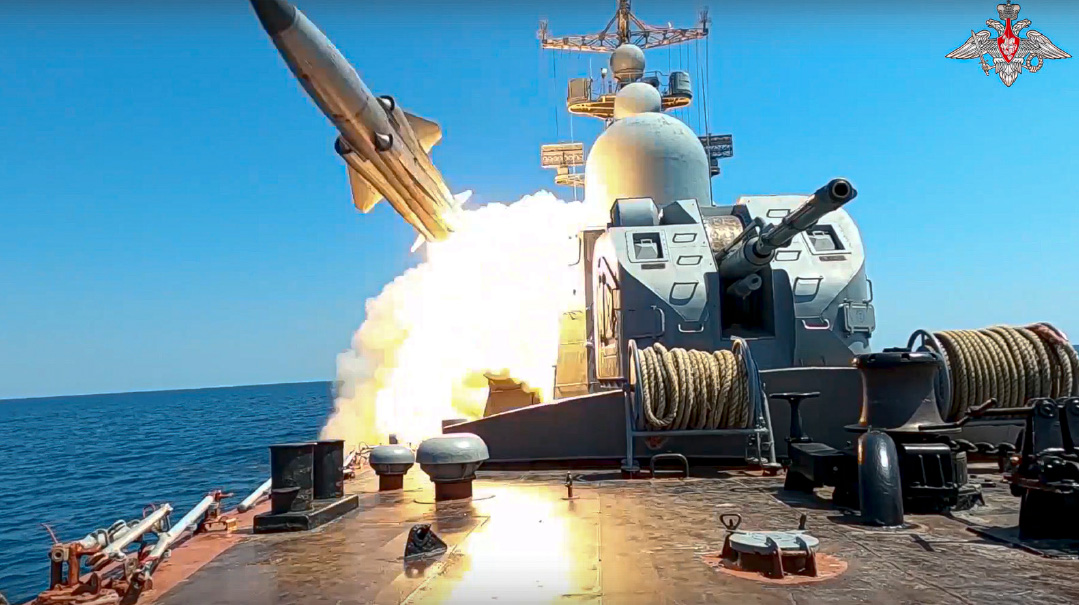Can Israel find a cure for ailing drug giant Teva?


A s part of a worldwide streamlining plan Israeli drug maker Teva Pharmaceuticals has announced mass layoffs in Israel and across the globe sparking an open-ended strike in the company itself as well as a half-day general strike called in solidarity by Israel’s public sector on Sunday. What’s it all about and how will Teva’s woes affect Israel’s economy?
How many employees is Teva planning to fire?
At first Teva announced that 3300 jobs would be slashed in Israel representing about one-quarter of the company’s domestic workforce. At the end of last week though Teva announced that it was reducing that number to 1 750. But that’s not the final tally; the company is planning to close some of its factories where another 750 workers are employed — for a grand total of 2 500 employees. Outside of Israel Teva plans to fire around 12 000 more employees.
Why is Teva laying off so many workers?
Teva the world’s largest generic drugmaker is struggling with a massive deficit of $35 billion after the company’s market value dropped by 70%. At its height in August 2015 the company’s share prices soared to a market value of $60 billion. Today its market value has plummeted to $18 billion. If it ever expects to recover the company must restructure its operations which means reorganizing its debt and diluting company shares.
How did Teva amass such debt?
The direct cause was the ill-fated 2015 acquisition of Actavis the generics division of Irish drugmaker Allergan Generics for $40.5 billion $33.75 billion of which was paid in cash. This was Teva’s largest transaction ever after the company bought a number of other drugmakers. It was also the Israeli economy’s largest transaction ever. Last August Teva reported a loss of $6.1 billion — a tacit admission that the Actavis acquisition was a failure.
What was Teva’s financial base at the time of the purchase?
Already at the time there were economists and financial analysts who warned against the acquisition. Then CEO Erez Vigodman was eager to prove that Teva was the largest most financially sound company in the Israeli market. But many saw it as a reckless move given the imminent expiry of Teva’s patent on its flagship drug Copaxone.
What is Copaxone?
Though Teva founded in 1901 is known more for its generic drugs Copaxone is one of its inventions. Developed at the Weizmann Institute in Rehovot it was the first drug used to treat multiple sclerosis that worked in tandem with the body’s immune system instead of attacking it. Teva purchased the patent for Copaxone in 1987 and received FDA approval in 1996 triggering the company’s exponential growth.
Sales of Copaxone earned Teva more than $4 billion a year a full third of the company’s annual revenue. Teva’s patent for Copaxone in the US expired in 2014 although in Europe the court ruled that its patent on the long-acting 40 milligram dosage could remain until 2030. Just recently Teva competitor Mylan introduced into the market a generic version of Copaxone.
Aside from being Teva’s best-seller Copaxone was also the reason the company received tax breaks from the Israeli government. (Excerpted from Mishpacha Issue 690)
Oops! We could not locate your form.













